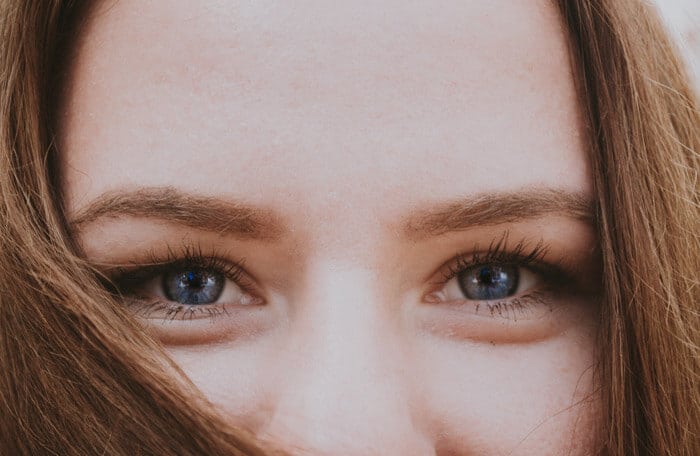
Have you ever wondered what happens to the eye during laser eye surgery that causes a person’s eyesight to change? Here at Optilase, we want to get you up to speed on where the magic happens – the cornea – as well as address some common misconceptions about what happens to it during laser eye surgery.
The cornea
Found at the front of the eye, the cornea is a clear layer of tissue that has the power to bend light from the outside world so that a person can see clearly.
In certain instances, the way in which the cornea bends or refracts light can be influenced by the way a cornea is naturally designed.
If a person’s cornea is irregular shaped, too curved or too flat, then it changes the direction of incoming light causing blurred vision.
Laser Eye Surgery at Optilase corrects the original error in the cornea by reshaping it so that light is bent correctly thus creating perfect eyesight.
Does Laser Eye Surgery damage the cornea?
Laser Eye Surgery doesn’t damage the cornea; the procedure merely removed tiny amounts of tissue from the sides or the centre of the cornea using an Excimer Laser.
The cornea has evolved to have a high tolerance to UV light so that it can process natural sunlight, so Laser Eye Surgery being performed on the cornea is totally safe.
The Excimer Laser that is used during Laser Eye Surgery to perform a correction on the cornea carefully removes a pre-determined amount of corneal tissue, using a cool beam of ultraviolet light.
Surrounding eye tissue and the layers of the eye beneath the cornea are unaffected by the laser.
The healing process
The cornea is a surprisingly resilient part of the eye and can withstand minor irritations or scratches quite easily, as it is biologically engineering to heal quickly.
The main healing to the eye after Laser Eye Surgery relates to the corneal flap that is created to expose the cornea for correction.
The flap seals itself and immediately begins to heal once the correction has been administered, and the entire healing process is aided by prescription eye drops that help keep the eyes moist after surgery.
Protective goggles must be worn after Laser Eye Surgery to protect them from any outside dirt or debris that might cause irritation or infection.
The day after Laser Eye Surgery, Optilase patients will undergo a follow-up consultation to ensure both eyes are healing correctly.
Arrange your free, no obligation consultation at any Optilase clinic on +353 1 223 8821.
